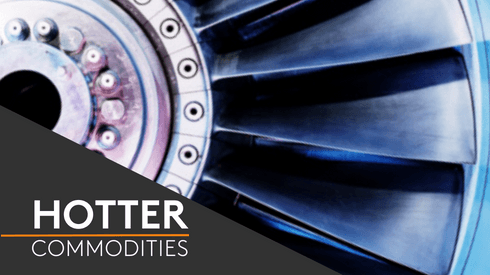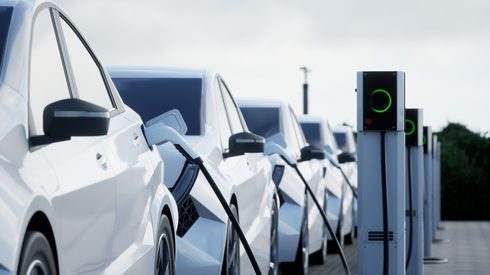According to experts, this could hinder the country’s uptake of battery-operated cars in the longer-term.
According to data from Brazil’s National Registry of Motor Vehicles (Renavam), sales of flex-fuel vehicles (FFVs), which run on any mix of E20-E25 gasoline and up to 100% hydrous ethanol fuel (E100) – reached 1.63 million units last year.
While 2022 sales of FFVs – which were originally introduced in Brazil in 2004 – were only moderately higher year-on-year, the ethanol-fueled cars still managed to claim an overall market share of Brazil’s total car sales of over 83%.
Meanwhile, while registrations of purely electric vehicles almost tripled in 2022 compared with levels recorded a year earlier, total sales amounted to only 8,440 units or a 0.4% market share.
FFVs, which allow drivers to switch their fuel choice depending on price and availability, have surged in popularity over the last few years and only five years after their introduction in Brazil made up the majority of new cars sold in the Latin American country.
Brazil, which is Latin America’s largest vehicle market, recently elected a new president at the end of 2022 – Luiz Inacio Lula da Silva or ‘Lula’ – who took office on January 1 and has promised to overhaul the country’s environmental policies.
During his election campaign, the new president emphasized the need for modernization of Brazil’s auto industry but he did not specifically campaign on an EV adoption platform and the direction of the new government’s stance on the greener vehicles so far remains unclear.
According to Fastmarkets battery raw materials research and base metals analyst Phoebe O’Hara, the cheaper sticker cost of FFVs relative to EVs has kept them the most popular choice in Brazil.
“The relative affordability of these vehicles compared with EVs showcased that they have definitely eaten into the EV market, and received more support from Bolsonaro’s [government] previously,” O’Hara said.
Furthermore, Fastmarkets EnergyCensus understands that EVs are still viewed as a more niche option for drivers in Brazil, with a far less advanced market than in Europe, largely due to a lack of associated infrastructure in many states, which could also be deterring drivers from making the switch.
Fitch Solutions last year predicted however that EV sales would continue to grow under Lula’s presidency together with general progress of the decarbonization of Brazil’s transport sector, given his relatively pro-green stance during previous terms as president of Brazil, “showcased by his battle against deforestation, the support to local environmental agencies, and the enactment of important ‘green’ legislation.”
The ratings agency said it was therefore likely that Lula’s government would push for several environmentally friendly measures, some of which are likely to be related to the country’s mobility sustainability, which could include the introduction of improved EV incentives, potentially including purchase grants.
Currently, in Brazil, only tax incentives are offered to consumers.
The agency added that Brazil could see plans to accelerate the development of the domestic EV infrastructure network progress under the new government as a means of stimulating the adoption of low-emission vehicles.
Earlier this month, the Brazilian government revealed that a federal tax exemption for fuels including biodiesel and ethanol would be extended for one year, while a gasoline and ethanol tax exemption will last for two months.
The former Bolsonaro government had previously passed a tax reduction bill applying to fuel including gasoline, diesel, and ethanol in an attempt to gain popularity ahead of the country’s October general election.





